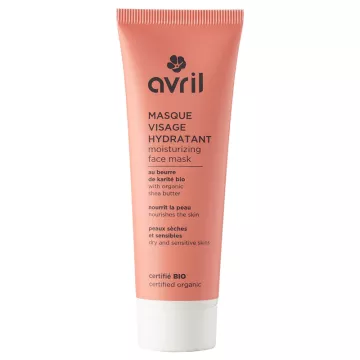
What is a face mask and how does it work?
A face mask is a device designed to filter particles and micro-organisms from the air. This device is generally made from filtering materials such as non-woven fabric, which captures particles while allowing the wearer to breathe comfortably. Masks can be classified into different categories, including surgical masks and respirators such as the N95.
The effectiveness of a mask depends on its ability to filter particles of different sizes. Surgical masks are mainly used in medical environments to protect against splashes of body fluids and reduce the transmission of certain infections. On the other hand, N95 respirators offer superior protection against airborne particles, filtering out at least 95% of airborne particles.
What are the different types of mask available on the market?
There are several types of mask available, each adapted to specific needs:
Each type of mask offers specific advantages, depending on the environment in which it is used and the associated levels of risk.
How to choose the right mask for your needs?
The choice of mask should be guided by several factors:
It's crucial to check that the mask is certified by the relevant authorities and meets the required safety standards.
What are the best practices for using masks?
To maximize the effectiveness of a mask, follow these practices:
How long does a surgical mask last?
A surgical mask is generally designed for single use only, and should not be worn for more than 4-6 hours, especially if it is damp or visibly soiled. Moisture can reduce the effectiveness of the mask by compromising the integrity of the filtering material. To maintain optimum protection, we recommend replacing the mask as soon as it shows signs of wear, or after prolonged use.
How do I test the effectiveness of a fabric mask?
To assess the effectiveness of a fabric mask, you can consider several criteria:
A simple test is to try blowing out a flame while wearing the mask; if you can't extinguish the flame, the mask probably offers a good level of protection.
Are masks with valves effective in preventing the spread of viruses?
Valved masks facilitate exhalation and are comfortable for the user, but they are not recommended for controlling the transmission of viruses. The valve allows exhaled air to escape without filtration, which can release infectious droplets into the air if the user is ill. In contexts where prevention of disease transmission is crucial, such as hospitals or public transport, a valveless mask is preferable.
Can a surgical mask be disinfected and reused?
Surgical masks are primarily designed for single use, and should not be reused in medical settings. However, in situations of shortage, certain methods may be considered for disinfection, such as the use of moist heat or UV radiation. It is important to note that these methods can alter the effectiveness of the mask by degrading the filtering materials. It is therefore essential to consult the recommendations of health authorities before considering the reuse of surgical masks.
How do I properly dispose of a surgical mask?
Correct disposal of protective masks is crucial to avoid contamination and the spread of infection. Here are the steps to follow: